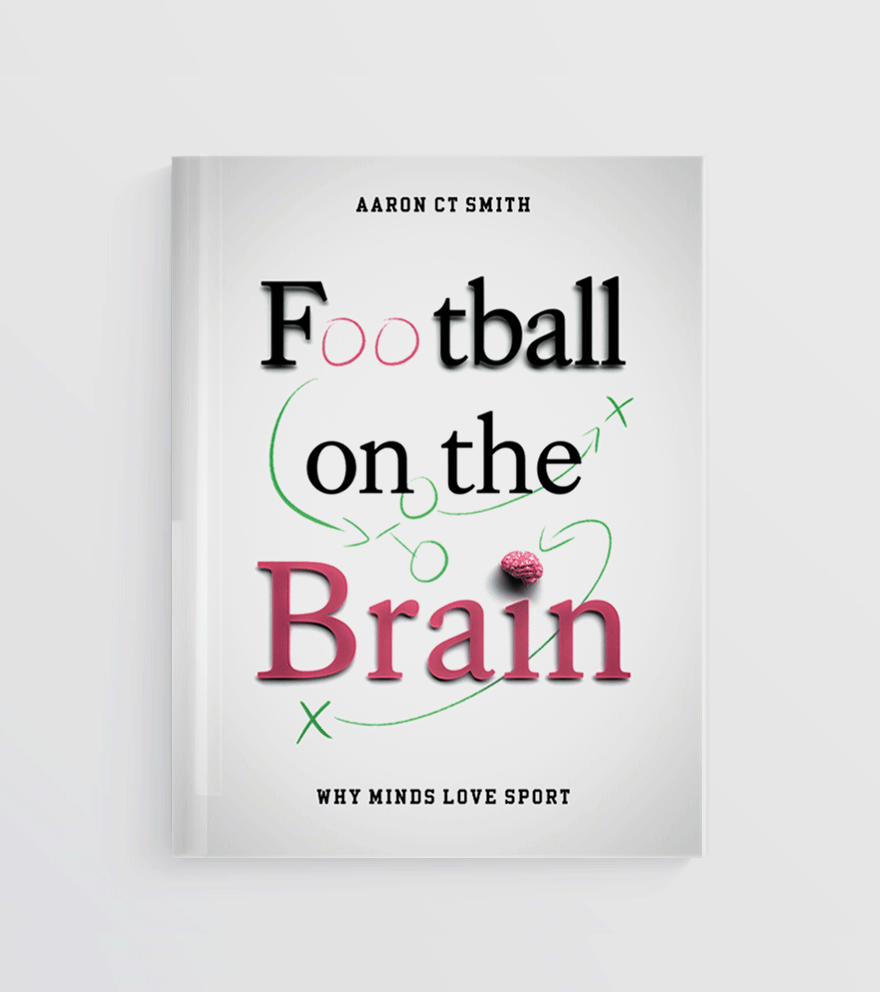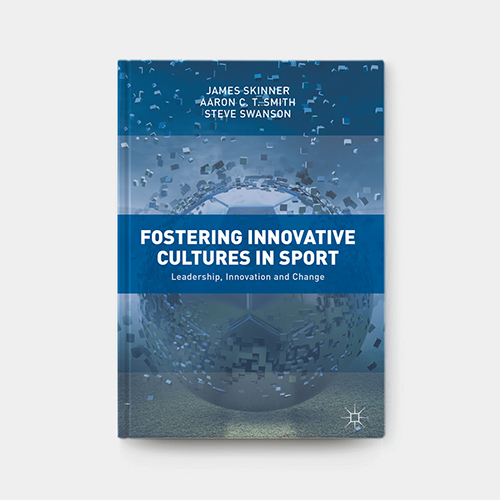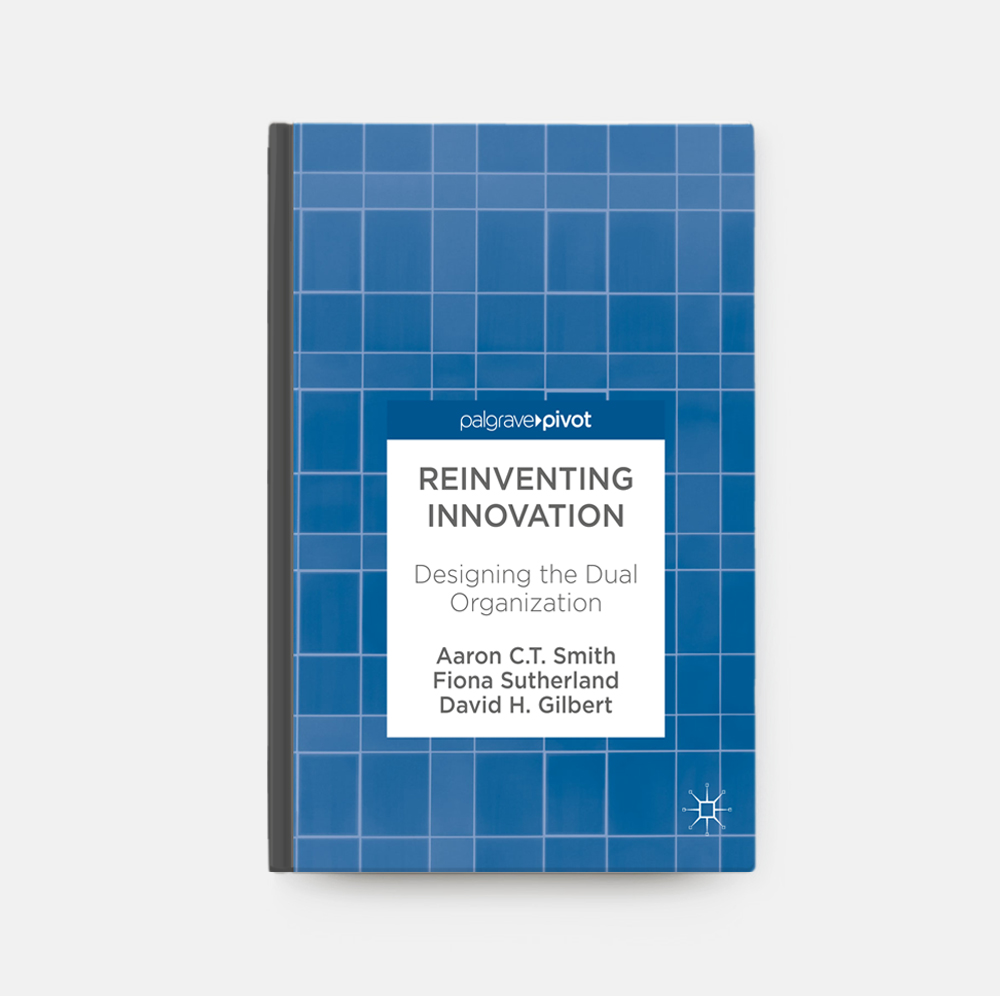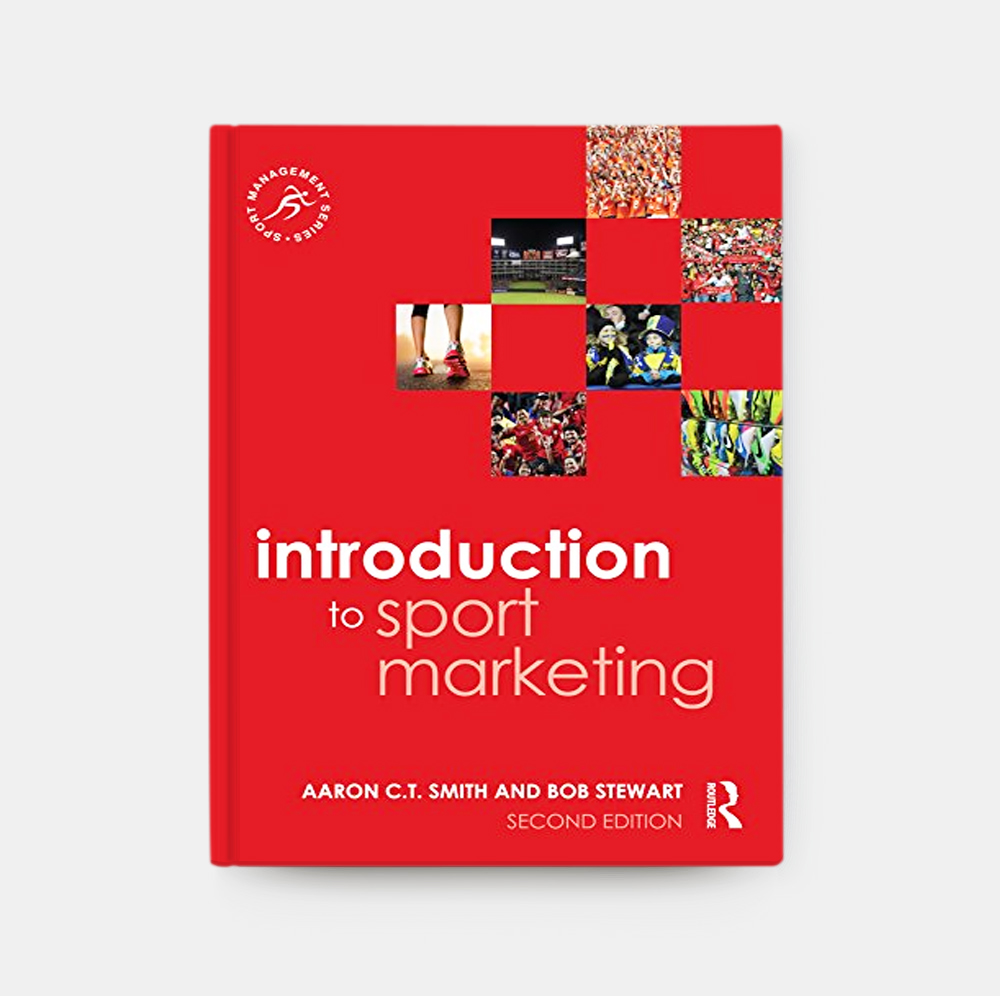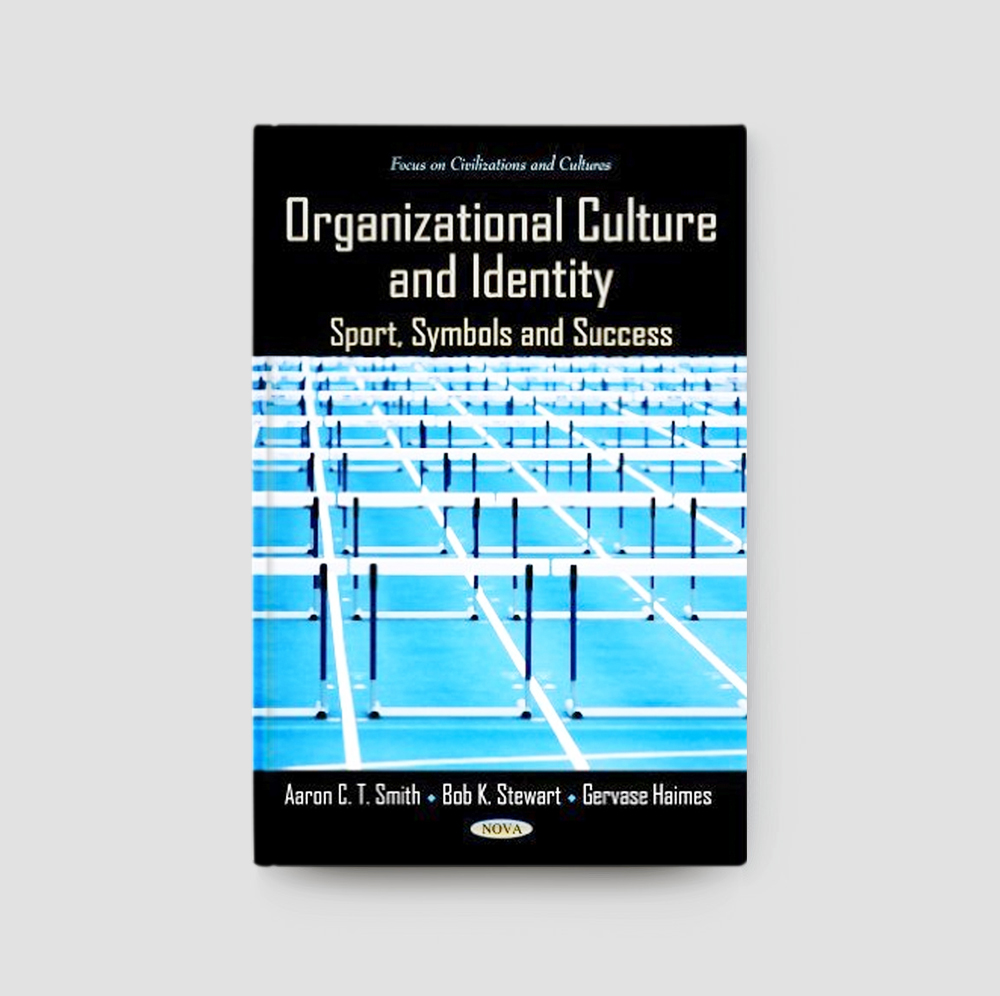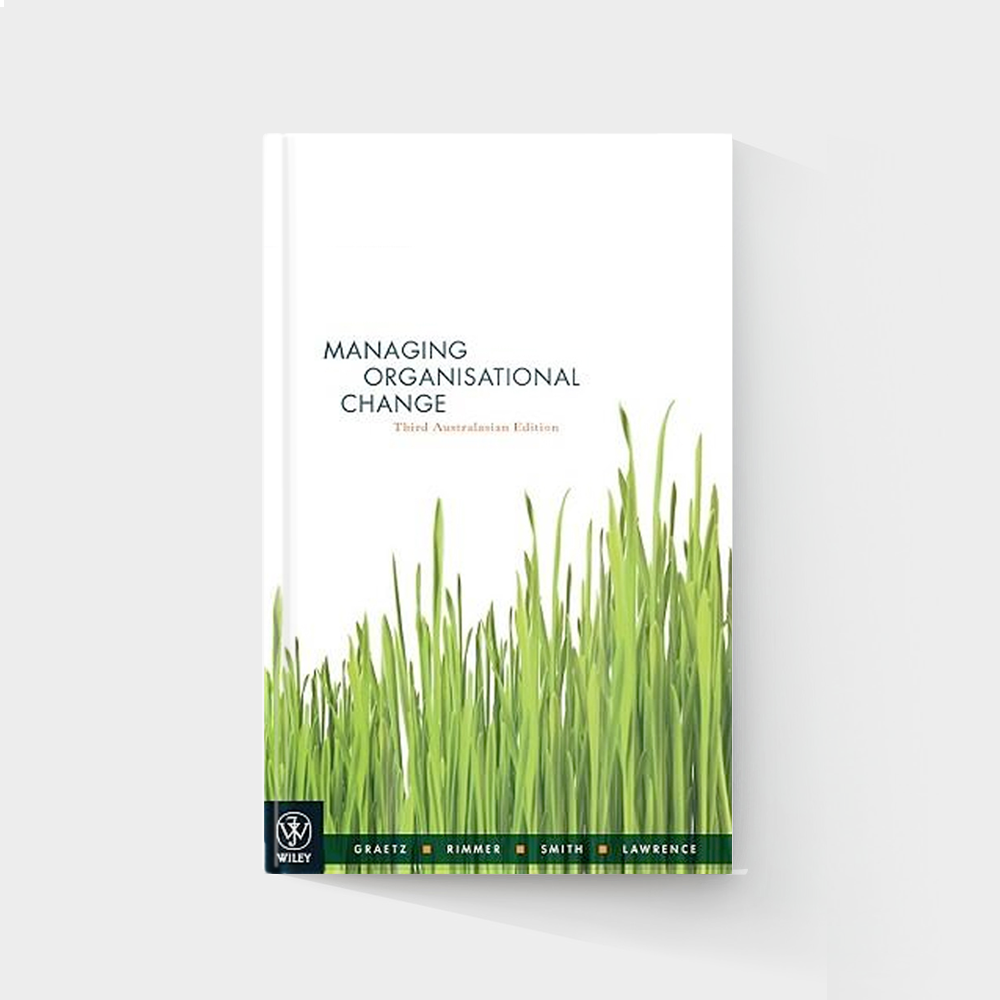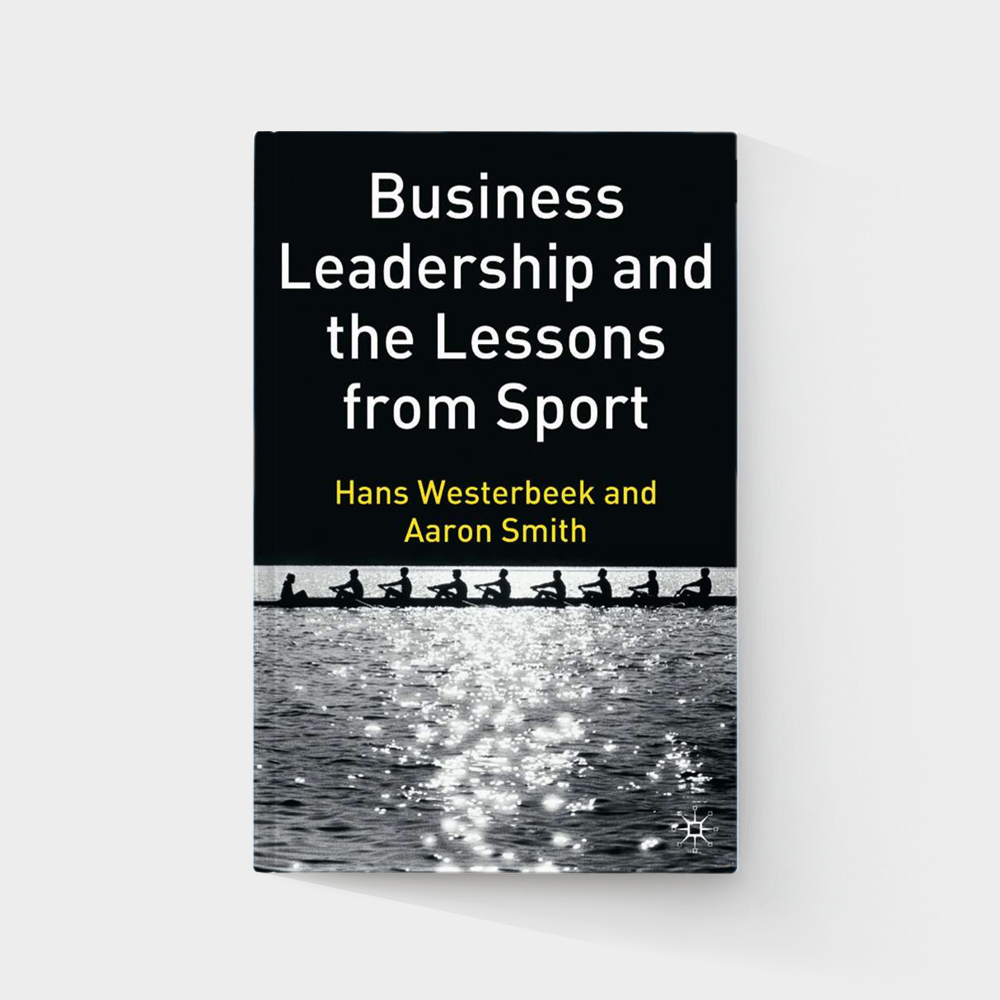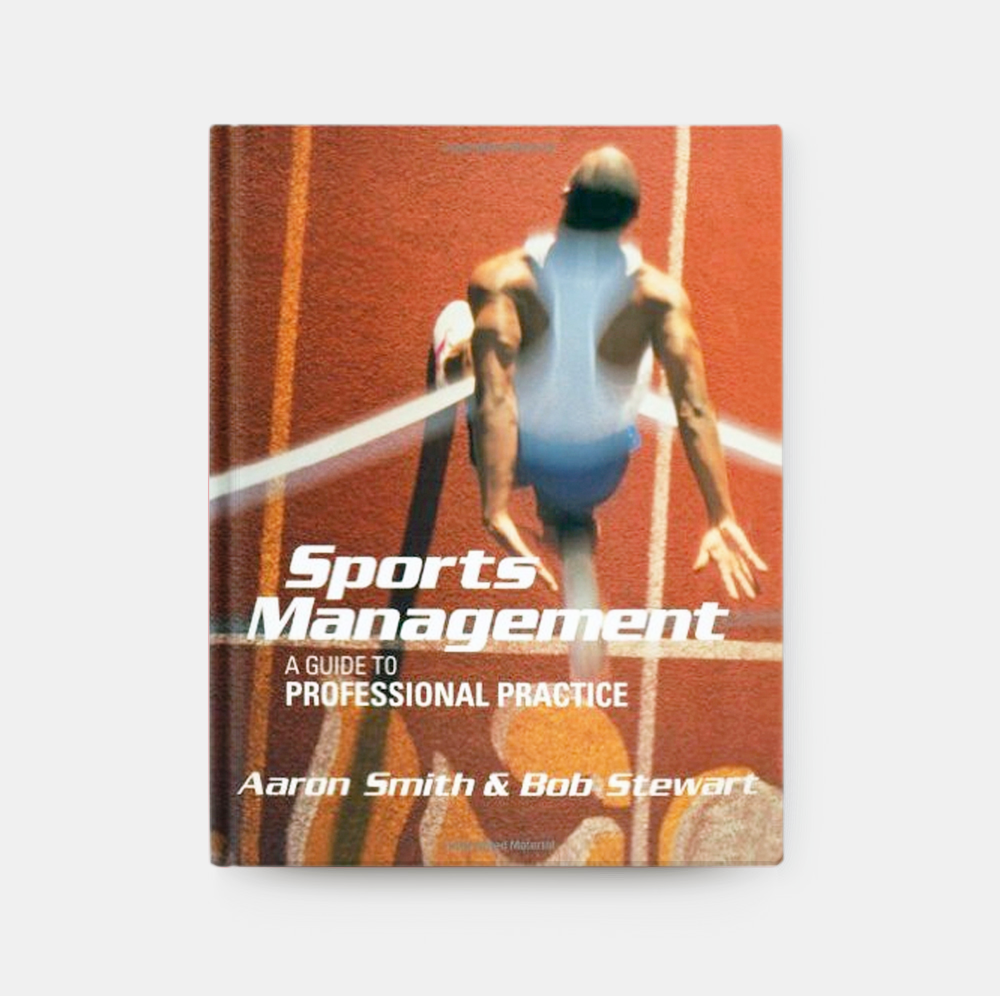FOOTBALL ON THE BRAIN: WHY MINDS LOVE SPORT
More than five billion fans follow versions of football across the world. Football on the Brain explains why football is so important to so many by revealing how the human mind provides a perfect host for the immensely powerful beliefs that accompany football fandom. Football on the Brain argues that minds evolved with an impulsion to create, share and defend certain kinds of beliefs that deliver personal and social benefits. Football comprises the ideal content for minds that need to believe. Fans cling to football-related beliefs because, like a catchy tune, they resonate in the mind’s natural grooves. Football fandom exemplifies the heart of all human aspirations. From terrorist extremism, career progression, weight loss, spiritual commitment, and ideological passion, to love, grief, war, and identity, sporting beliefs guide our lives and to a great extent, determine our behaviour, satisfaction and happiness. Through a cognitive account, Football on the Brain explains how minds elevate certain forms of belief to sovereignty, exposing the mechanisms driving football fanaticism.

